Rye’s Mulch Pile Moved to Goshen, New York
Attention Rye gardeners.
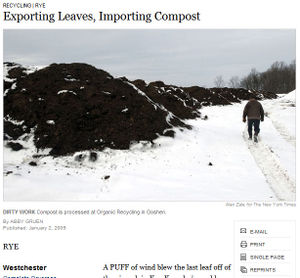 If you want some mulch for your garden from the tons and tons of leaves that fall in Rye each season, you'll have to drive 60 miles to Goshen, NY or another choice location on the Eastern seaboard to get some. We wondered what happened to Rye's free mulch pile at Disbrow Park last spring when Rye public works told us the organic material was no longer available.
If you want some mulch for your garden from the tons and tons of leaves that fall in Rye each season, you'll have to drive 60 miles to Goshen, NY or another choice location on the Eastern seaboard to get some. We wondered what happened to Rye's free mulch pile at Disbrow Park last spring when Rye public works told us the organic material was no longer available.
Now we know thanks to a report by Abby Gruen in the Sunday New York Times.
Gruen reports Westchester sends 85,000 tons of leaves out of the county by truck each fall. She pulled out Rye to illustrate her story:
"During the fall, the City of Rye’s six orange garbage trucks pick up thousands of leaf bags a week and dump them in a lot behind Disbrow Park on Oakland Avenue. The leaves are transferred to 100-cubic-yard trailers that are hauled upstate and to Connecticut, New Jersey and New Hampshire by City Carting of Westchester, a private trucker. During a typical December week, Rye sends nine container trucks full of leaves on the road."
On the cost side, Gruen reports it cost $80/ton to burn waste at the county incinerator in Peekskill and only $40/ton to ship leaves off the various rural locations (including Goshen) via truck. Towns only pay $15/ton ($1.27 million/year of the total tab of $3.4 million) with the remainder of the tab being handled by the county (AKA, we buried the real cost so it looks better to the voters. Last we checked, imaginary funding by fairies was cut off).
"“The agreement is very economical for us,” said George J. Mottarella, city engineer for the City of Rye. One of the few municipalities in the county that has residents bag their own leaves, Rye also saves money because bagged leaves are lighter than moisture-laden leaves picked up from the street, Mr. Mottarella said."


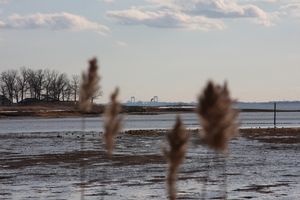
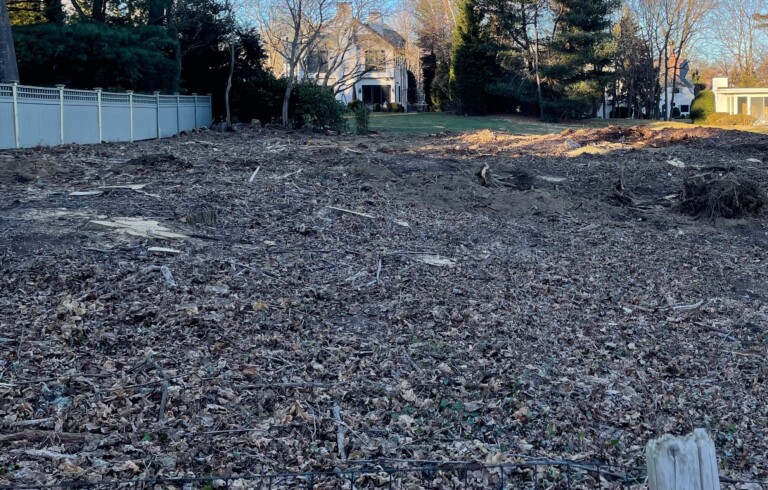
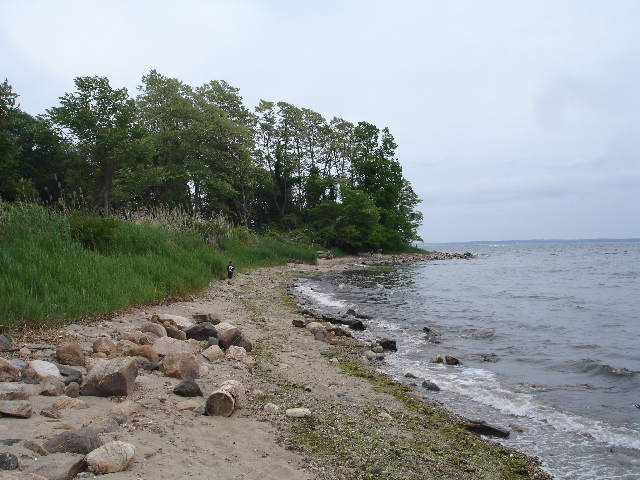
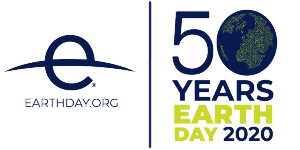
Glad you picked this one up because I was wondering yesterday what we did with the leaves before.
In the 1960’s we had great piles of organic (tree limbs, leaves)and inorganic (refrigerators, home furnishings, TV sets, mattress’s and other things) piled separately on a couple of acres now mostly covered by that elevated soccer field behind the DPW plant.
With the construction of that field the taxpayers were likely told that, post construction, the “investment in our children’s future” was being done at little cost. Ditto for the soccer field on the old John B. Rich & Sons nursery site on Milton Road. But there’s always a cost in land usage – be it a loss of tax revenue or new requirements for spending.
I wonder what the city disposal cost structure looked like before this truck-away deal?
It seems pretty ridiculous to spend that much to ship leaves to another town where it just bio degrades. There must be a more economical solution than that. I stopped bagging leaves in my yard a couple years ago because I hated wasting hundreds of plastic bags to fill it up, so now I drag them on a tarp to the back yard and mow them over and the pile is gone by next fall and it only cost me the time (and some lawn mower and leaf blower gas) to do it.
Nice approach Chris. I insist my lawn service leave all my clippings and leaves on my property. I have a small area that I use for this composting like you.
Unfortunately, as the article states, the problem is the high cost of real estate in lower Westchester.
Many homeowners simply do not have room on their properties for a compost heap. It would be great for the city to have a big municipal composting station to locally process the leaves and clippings, but they do not have the land required for such a facility.
Well you can do a compost site on any size lot. Rye’s go down (I think) to quarter acre zoning for residential. I’ve seen plenty of those with compost spots. It’s really just a question of personal preference rather than space. See my comment above for what happened to the previous municipal space.